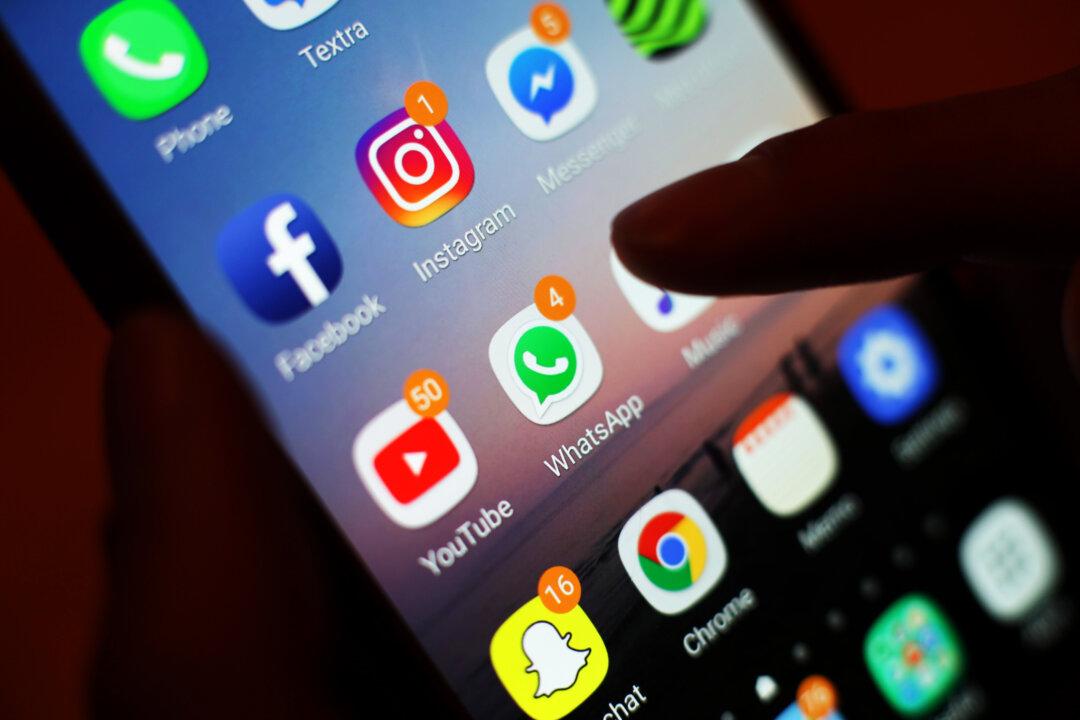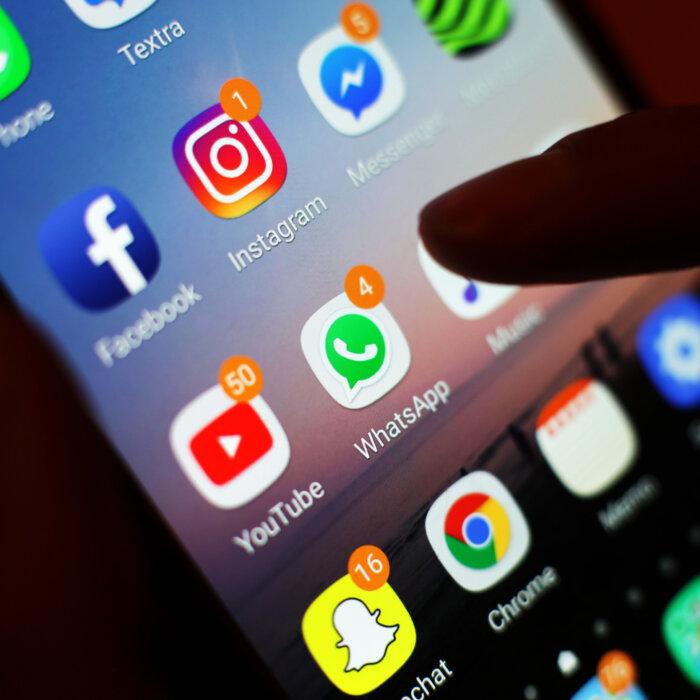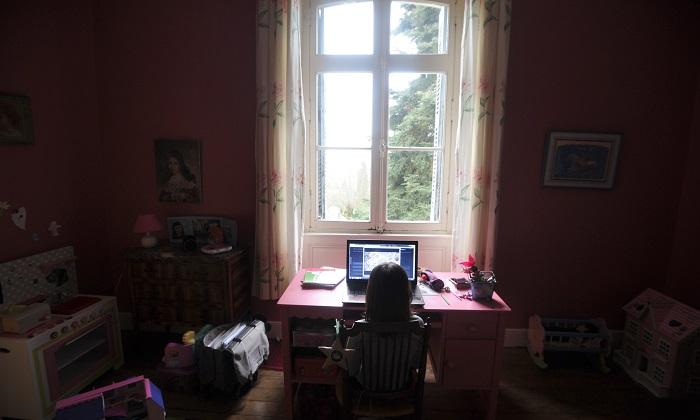A new study has reported a rise in problematic social media use (SMU) among teenagers, drawing attention to addiction-like behaviours and the prevalence of daily gaming.
Researchers analysed data from almost 280,000 young people aged 11, 13 and 15 across 44 countries and regions. Over 36 percent of teenagers said they were in continuous online contact with friends and others, almost all the time throughout the day.
Girls were found to engage more in continuous online interactions, with the highest rates among 15-year-old girls (44 percent).
Researchers also said that young people in well-off homes would spend more time on social media talking to others, than those from low-affluence families.
Gaming Habits
Teenagers with problematic SMU tend to experience withdrawal symptoms when not on social media and distress when their use is restricted. The Health Behaviour in School-Aged Children (HBSC) has reported links between problematic SMU and lower mental, social and school well-being.Similar to SMU, digital gaming has become a prevalent pastime for young people.
A third of respondents reported playing digital games daily, with 22 percent gaming for at least four hours on some days.
Teenagers at risk of problematic gaming display addictive-like symptoms. The trend was recorded in 12 percent of teenagers, with boys more likely to show symptoms than girls.
One of the authors of the study, Claudia Marino, said the gender differences in gaming patterns are “striking” and called for targeted interventions.
Researchers also warned that higher levels of substance abuse were reported by teenagers with problematic SMU. According to the study, if these trends continue, they could have “far-reaching” consequences for young people’s development and long-term health.
The Promise and the Pitfalls
While researchers acknowledge the benefits of responsible social media use and digital literacy, they have stressed the need to balance the teenagers’ “online and offline worlds.”Director for country health policies and systems at WHO Europe, Dr. Natasha Azzopardi-Muscat, said that protecting young people, as they navigate digital landscapes, is “crucial.”
“In short, they should rule social media, and not have social media ruling them,” she said.
The study set out a number of recommendations for policymakers, educators, and healthcare providers. These include school programmes on responsible social media and healthy gaming habits, as well as specialised training for educators.
“It’s clear that social media can have both positive and negative consequences on the health and well-being of adolescents. That’s why digital literacy education is so important. Yet it remains inadequate in many countries, and where it is available, it often fails to keep pace with young people and rapidly evolving technology,” said Kluge.
Reporting on ‘problematic smartphone use,' researchers said that young people would feel upset when the phone is unavailable and struggle to control the amount of time spent on it.
Young people with PSU were also found to more likely struggle with mental health issues, than their peers without the symptoms.







